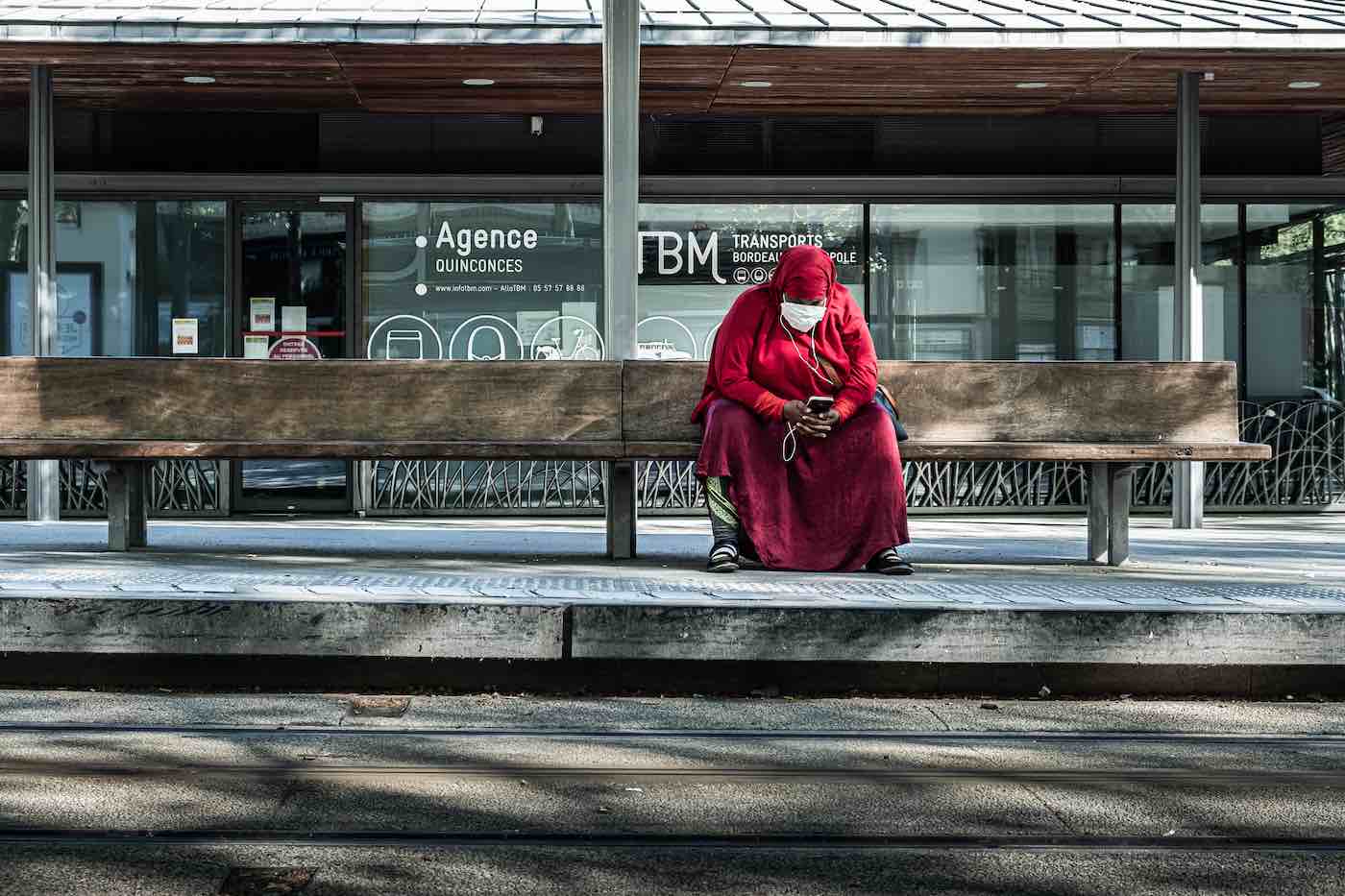ImpactAlpha, April 16 – The World Bank’s catastrophe bonds, launched in 2017 in the wake of the Ebola outbreak, were designed to provide “surge funding” to poor countries in the event of another pandemic. Despite more than 2 million cases reported globally and 130,000 deaths, bond payoffs have not yet been triggered. All criteria have been met but one: an “exponential growth rate” of the virus in eligible countries, according to the bank.
If triggered, the bonds would release $132.5 million to emerging markets to combat COVID. Investors, meanwhile, have enjoyed yields as high as 14%. “You can see the thing coming like a train, and these countries are going to need a response,” Andrew Farlow, a University of Oxford economist who studies pandemics told Bloomberg, which first reported the news. “It’s bizarre and counterproductive that you have to wait.”
COVID relief. The COVID turmoil has dampened the market for green, social and sustainability bonds (GSS), with new issuance off sharply. One corner of action: COVID-related social bonds. Many of these relief bonds have been from national actors, such as the African Development Bank, the European Investment Bank and the Inter-American Development Bank. In late March, the Nordic Investment Bank issued a €1 billion Response Bond to finance projects that alleviate the social and economic consequences of the virus.
Green bonds slip. COVID bonds are taking the spotlight from glitzier green bonds, a fast-growing sector until COVID hit. Green bond issuance fell to just over $5 billion in March, from a combined $29 billion in the first two months of the quarter, and $15 billion in March 2019, according to Environmental Finance. Among the recent issuers: German utility E.ON floated a €750 bond for sustainable infrastructure and energy efficiency. Pfizer’s $1.25 billion sustainability bond will support environmental projects and make COVID-19 medicine and vaccines accessible to vulnerable populations.
Long-term demand. Any slump in GSS bonds is expected to be temporary. Green bonds, like their ESG equity cousins, have outperformed in the downturn so far. And for issuers, “It is all about being prepared and making your business future-proof,” Bram Bos of NN Investment Partners told WealthBuildingAsia. “The next crisis could be a climate crisis. The current situation is triggering companies to look ahead.”











